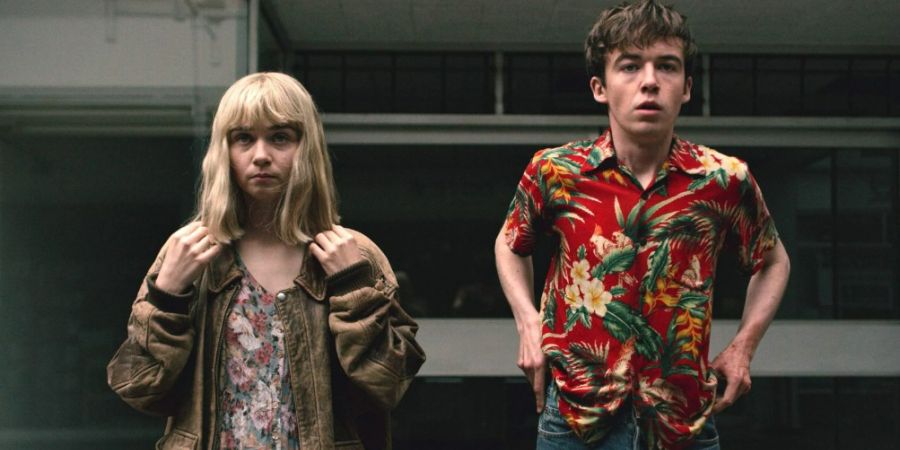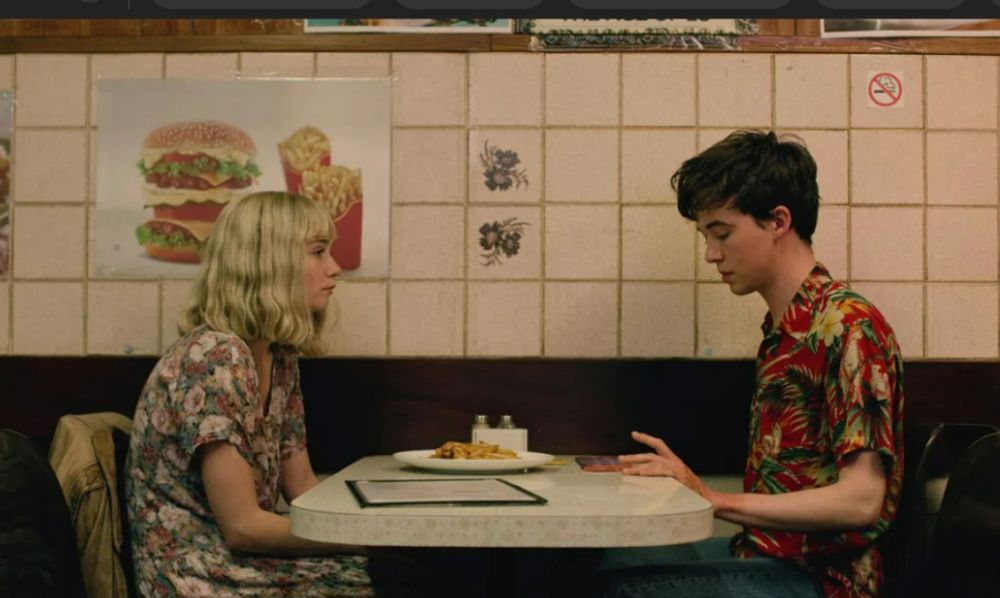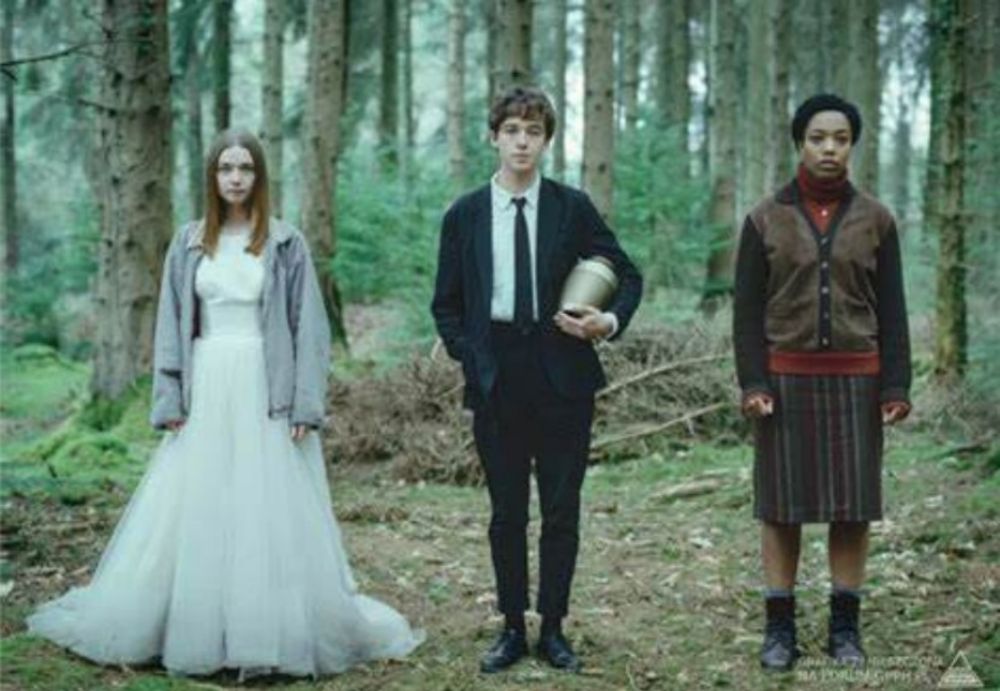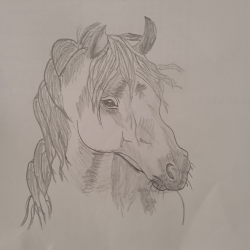

When it first aired in 2017, this series was a slow burn that sprang into life and became a smash hit. Though it went almost unnoticed when it first aired on television, it developed an international following on Netflix a year later. In the world of premium television, it ploughed its own furrow and did things its own way. Its episodes were short and sweet, its over-the-top style paid homage to its graphic novel heritage while maintaining a certain melancholy, and its True Romance-esque central love story was far sweeter than its violent setting should have allowed for, given that it started with James deciding to kill Alyssa and ended with him lying out on a beach having sacrificed himself for her.
It also appeared to be a watertight story, relatively un-sequel-able (though, in the name of Big Little Lies, we should have learned by now that a neat ending is unlikely to derail a success.) So here we are, with a request that reviewers not give anything away, making certain aspects of it difficult to discuss. Nonetheless, there is sufficient difference to realize how this will perform similarly to its predecessor.

One of the show's virtues is its light touch with humor, which occurs unexpectedly even during the worst of moments. With the addition of a pause and the explanatory addition of "on purpose," even a simple line like "I killed someone" provokes a giggle. Bonnie is a librarian who was raised by her terrible mother, who forced her memorize the world's capital cities and eat lipstick. She withdraws into a dreary nothingness and refuses to acquire the education she is owed. James felt he was a psychopath in the first series, but based on what we've seen of Bonnie, we're about to meet the real thing.
This series, like the first, takes place in a highly stylized environment that is neither time nor place bound. It's a little bit American, a little bit English, a little bit 1970s, and a little bit 1990s. Like the performance, the autos and architecture are both brilliant and dismal. Nonetheless, it is always appealing and excellent in its attention to detail. There are several long shots of food, including a bloodied burger and a hospital meal neatly served on a plate. It's gorgeous at times, especially in the details, from the cover of a philosophy book to the dusty wine bottles in a creepy hotel bar.

Alyssa has been on the run from the authorities for several years, and her family has relocated to a bistro in the woods with an aunt after some cutting and pruning. Life has moved on, and Alyssa is striving to keep up, but she is fading swiftly, unaware that she is attempting to live a normal life. Jessica Barden is fantastic as Alyssa once more, just on the verge of bratty with a hint of deep pain.
It is cruel, violent, and scatological at times, but it is also funny, sharp, and caustic, and it reveals its heart with a sympathetic glance or a loving touch. Lesser shows may give you whiplash, but The End of the F***ing World has an unique and unmistakable tone.








